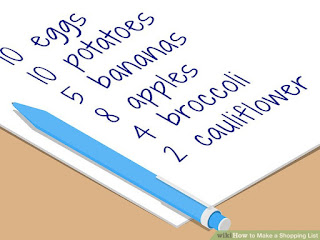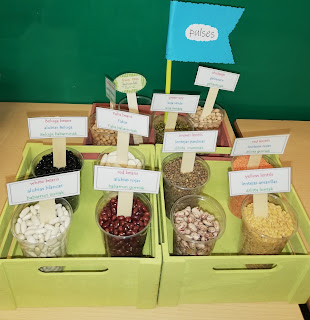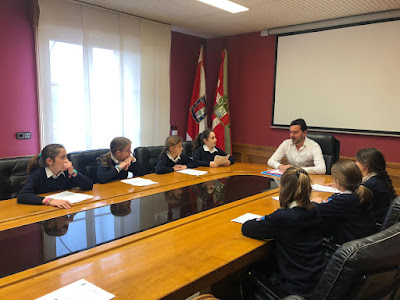SCIENCE REPORT: ZERO HUNGER
ZERO HUNGER
FOOD WASTE & FOOD LOSS
Food wastage is a big problem in the world. Food wastage is the conbination of food waste and food loss. Food waste refers to food that is discarded or lost at the retail or consumption phases. Food loss occurs before food reaches the consumer as a result of issues in the production, storage, processing and distribution phases.
Each year, an estimated one-third of all foood produced for human consumption is lost or wasted worldwide.
In a world where we produce enough food to feed everyone, 821million people, one in nine people still go to bed on an empty stomach every night.
Both food waste and food loss has a devastating effect not only on consumers and producers by increasing items prices but also depletes the environment of limited natural resources. The most wasted food items in the world are potatoes, fresh vegetables, meat bread and milk. When we buy products that are not local we are contributing to food loss.
Food wastage is a big problem in the world. Food wastage is the conbination of food waste and food loss. Food waste refers to food that is discarded or lost at the retail or consumption phases. Food loss occurs before food reaches the consumer as a result of issues in the production, storage, processing and distribution phases.
Each year, an estimated one-third of all foood produced for human consumption is lost or wasted worldwide.
In a world where we produce enough food to feed everyone, 821million people, one in nine people still go to bed on an empty stomach every night.
Both food waste and food loss has a devastating effect not only on consumers and producers by increasing items prices but also depletes the environment of limited natural resources. The most wasted food items in the world are potatoes, fresh vegetables, meat bread and milk. When we buy products that are not local we are contributing to food loss.
STOP FOOD WASTAGE
Food waste can cause poverty as it happens in countries like Kenya or Zimbabwe.
We can help achieve the Sustainable Development Goals by reducing food loss and food waste., but how?
-Support the fight against climate change ( food waste alone generates about 8% of Global Greenhouse Emissions).
-Save nutricious food for redistribution to those in need helping to eradicate hunger and malnutrition ( about 43 million people in the EEUU cannot afford a quality meal every second day).
-Do not throw food away food: when you throw out an orange, you are not wasting only the money you paid for it but also the 50l of water tha took for it to grow plus the time and petrol used to transport that orange.
SO, WHAT CAN I DO TO STOP FOOD WASTAGE AT HOME?
1. Shop smartly: make a list of the food items you need, in other words, think what you need to buy before buying it.
2. Leftovers: some food can be served twice if storaged in good conditions.
3. Store food properly in air tight containers. Make sure you wrap and cover food.
4. Serve small portions: if you are not sure the quantity you are able to eat start with a little.
5. Recycling is not good enough. We must stop buying food packed in plastic.
AND AT SCHOOL?
1. We must be aware of our responsibility towards Zero Hunger by eating up the food we are served every day at school.
2. Helping make others aware of the importance of finishing up snaks and daily meals.
3. Colaborate cleaning the playground by recycling properly, plastics are a big problem to the environment. The school must stop the consumption of food packed in plastic.
4. Join the commitmment to reduce the consuption of single-use plastics by 2030.
5. Join school iniciatives to keep beaches plastic free.
CONCLUSSION
Consider the world as unique as it is, as your big home which you must look after and protect.
Choose Zero Hunger as a personal challenge to help many children who are not as lucky as you are.
Elaborated by Primary 6th students







Comentarios
Publicar un comentario